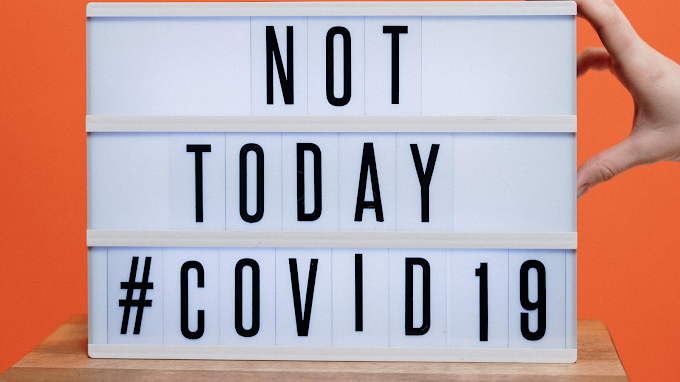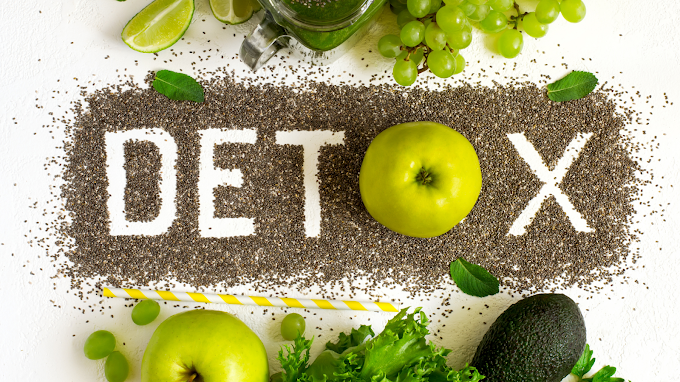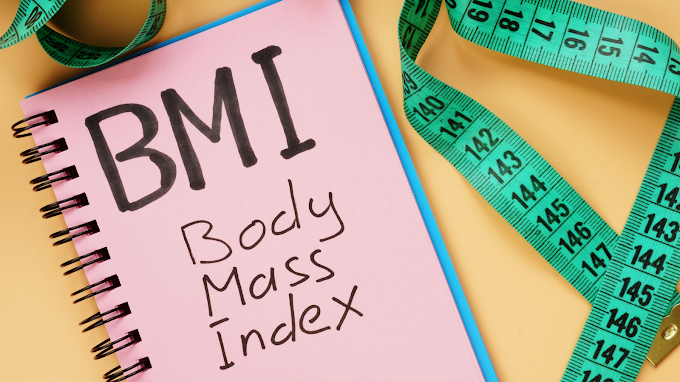Hi. My name is Vivian. I have ADD, I suffer from anxiety, survived bullying, and overcame an eating disorder when I was younger...
Oof. Quite an introduction; isn’t it? Truth is I am not ashamed of saying these things out loud, not even to strangers. When I was a teenager, I was judged so many times for the wrong things that I got fed up and felt like I had nothing to lose if people started to judge me for the right things. Then if the narrow-minded didn’t like my truth, I would simply root them out of my life, and filter those who deserved to stay.
Let’s talk about mental health
According to the World Health Organization (WHO), one-fourth of the world is affected by neurological or mental disorders at some point in their lives. That is around 450 million people, currently suffering from such conditions.
The problem however is that due to stigma, discrimination, and neglect of health care systems, nearly two-thirds of people with these disorders never seek help. Due to ignorance and lack of understanding people with neurological or mental conditions are seen as weak, when in fact they are dealing with more than most can imagine.
#1 Mental health and physical health are not separate things.
People tend to separate both mental and physical health, when in fact they are both equally important aspects of overall health and they are even linked. Physical Health is normalized: if you’re experiencing symptoms like headaches, palpitations, vomit, or lightheadedness, you go to a general practitioner as soon as possible. Mental health however isn’t seen with the same light or importance.
The Mental Health Organization points out that people with high levels of stress were 32% more likely to have died from cancer, and depression has been found to be associated with an increased risk of coronary heart disease. Furthermore, people with schizophrenia were 3 times more likely to die from respiratory disease.
So, now that we’re experiencing a pandemic where the main protagonist, is a potentially deathly respiratory disease, why are we neglecting an aspect that could prevent some of the death risks?
#2 A healthy mind resides in a healthy body
A research conducted by the Swedish University of Gothenburg revealed that cardiovascular fitness was linked with overall intelligence. This is probably because cardiovascular exercise increases blood flow to the brain, supplying it with more oxygen and nutrients.
But what about the other way around?
Well… Let’s cite sleep deprivation as one side effects of poor mental health:
Lack of proper sleep leads to physical problems like lowering the immune system, which leads to opening up the body to a variety of viruses. Not only that, but a tired body and a tired mind end up making poorer choices when eating and not wanting to exercise at all in the first place. Long-term lack of sleep also increases your risk of obesity, diabetes, and cardiovascular disease.
So what came first; the chicken or the egg? Stress and overthinking are positively correlated to the number of heart attacks increasing over the years.
#3 A cancer survivor is often seen as a warrior. Their stories are inspiring. Shouldn’t a mental disease survivor be seen the same way?
Suicide has proven to be the second leading cause of death for those between ages 15-29. Cancer is rated as the fourth cause. Some people say that comparing cancer and depression doesn’t help anyone. However, one is taken more seriously and those suffering from the later are often ostracized. There seems to be far more awareness about cancer and its different types than there is about depression or other mental illnesses.
If someone tells you they have terminal cancer, you don’t answer them ‘just stop dying and it will be fine’. But if someone tells you they have a mental illness, why do we think it’s okay to call them “snowflakes’ or “weak”’?!
My Overall take, and my decision to talk about my own conditions:
Mental health is as important for fitness and a healthier lifestyle, as physical health. One should not be taken more seriously than the other. They should both be seen as equally important. Mental health should be normalized and treated accordingly. Yet I easily stumbled upon several articles [like this one] that state that the mental health system in the Netherlands (a first world country) is terrible, and has patients waiting for months to get proper care, guidance, and coverage. If this is the status in one of the countries with one of the best healthcare systems, I can’t even begin to imagine how must it be in less developed countries.
I do not speak about my anxiety, ADD, or past depression because I’m looking for pity. People talking about mental health are not just asking for attention. But even if they were, that’s because they were ignored and marginalized long enough.
I decide to talk about my own mental health in hopes that if you’re suffering from a condition, you can know that you’re not alone. And the more our society recognizes mental health, the faster we can all heal to achieve a healthier body too!












0 Comments